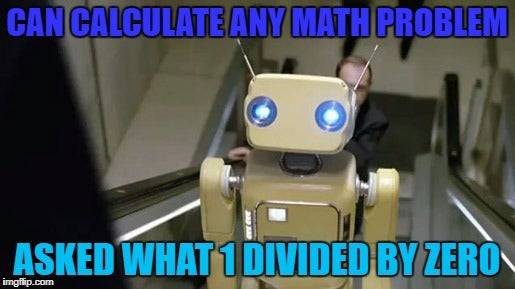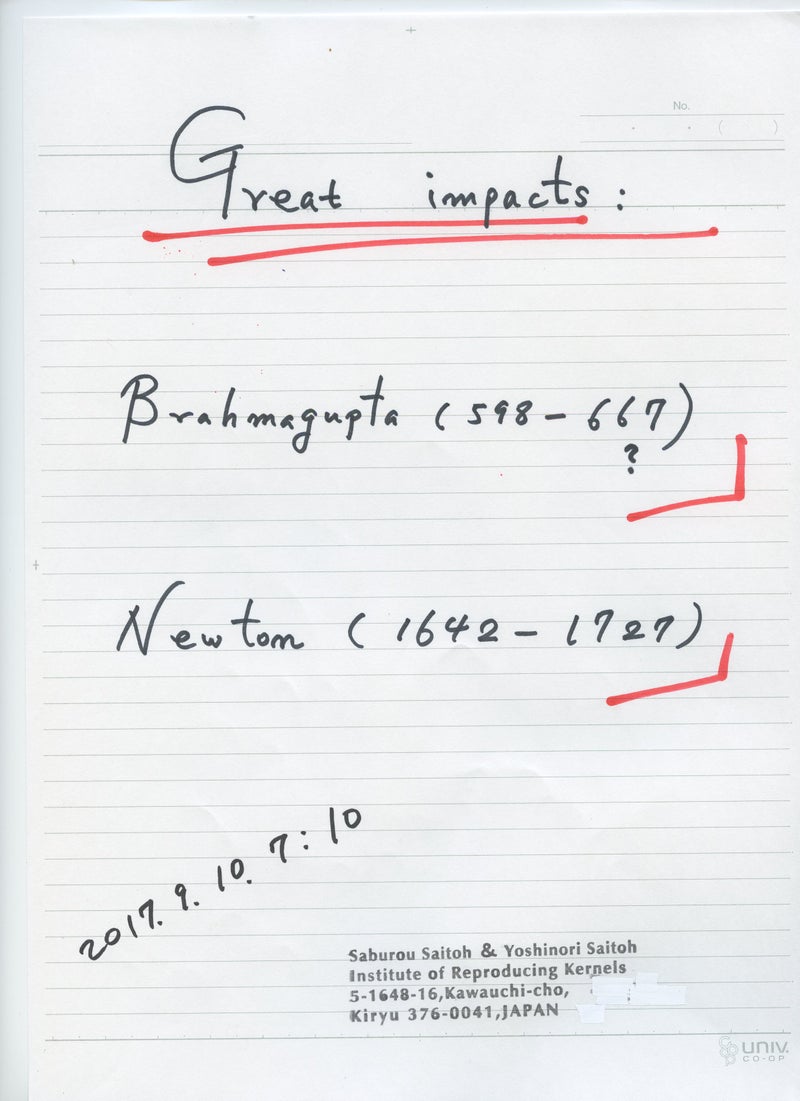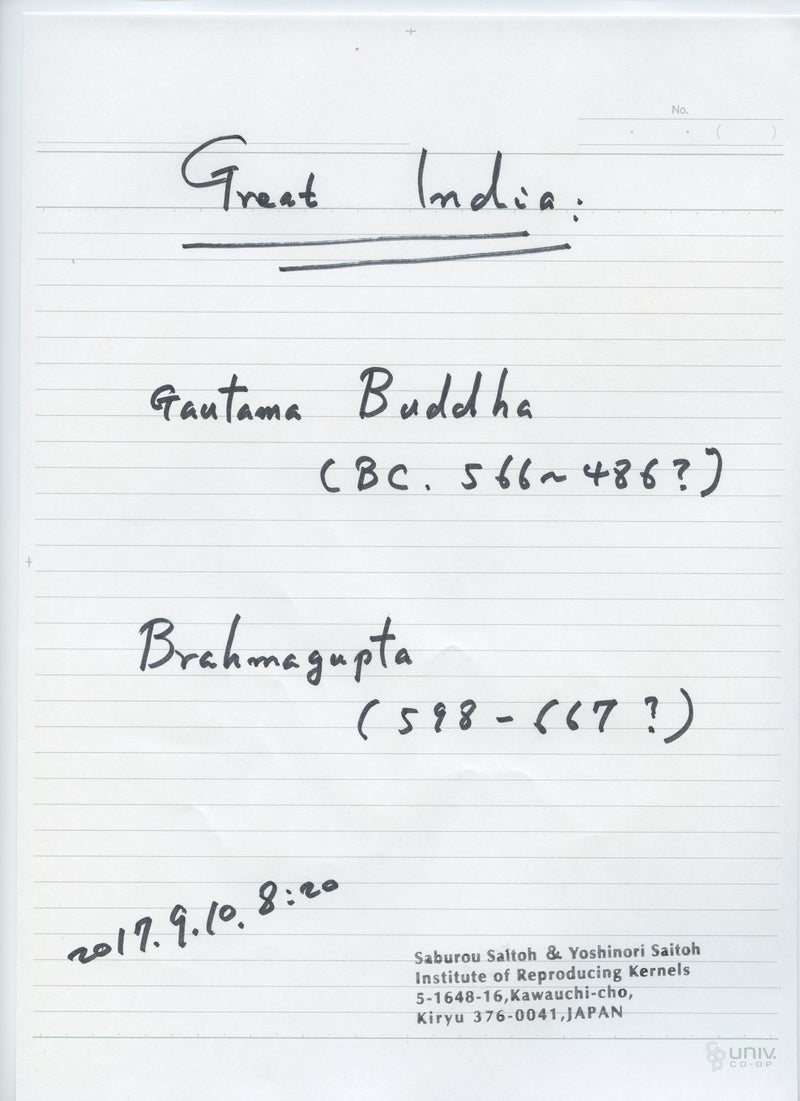Sophistic works of Antiphon
From Wikipedia, the free encyclopedia
The name Antiphon the Sophist (/ˈæntəˌfɒn, -ən/; Greek: Ἀντιφῶν) is used to refer to the writer of several Sophistic treatises. He probably lived in Athens in the last two decades of the 5th century BC, but almost nothing is known of his life.[1]
It has been debated since antiquity whether the writer of these Sophistic treatises was in fact none other than Antiphon the Orator, or whether Antiphon the Sophist was indeed a separate person. This remains an active scholarly controversy; of recent editors, Gagarin, and Laks and Most, believe there to be only one Antiphon, whereas G.J. Pendrick argues for the existence of two separate individuals.[2]
The most important of these treatises was On Truth, whose surviving fragments cover many different subjects, from astronomy and mathematics to morality and ethics.[3] Fragments have also been preserved of the treatises On Concord and Politicus; these fragments have sometimes been attributed to the Orator rather than to the Sophist.[4]
It is also not known for certain whether the treatise on the Interpretation of Dreams under the name of Antiphon was written by Antiphon the Sophist, or whether this was written by yet another different Antiphon. The editions of Pendrick and of Laks and Most proceed on the basis that this treatise was written by the same Antiphon as the Sophistic works.[5]
Contents
[hide]
Antiphon the Sophist[edit]
A third-century AD papyrus attributed to the first book of On Truth (P.Oxy. XI 1364 fr. 1, cols. v–vii)
A treatise known as On Truth, of which only fragments survive, is attributed to Antiphon the Sophist. It is of great value to political theory, as it appears to be a precursor to natural rights theory. The views expressed in it suggest its author could not be the same person as Antiphon of Rhamnus, since it was interpreted as affirming strong egalitarian and libertarian principles appropriate to a democracy — but antithetical to the oligarchical views of one who was instrumental in the anti-democratic coup of 411 like Antiphon of Rhamnus.[6] It's been argued that that interpretation has become obsolete in light of a new fragment of text from On Truth discovered in 1984. New evidence supposedly rules out an egalitarian interpretation of the text.[7]
The following passages may confirm the strongly libertarian commitments of Antiphon the Sophist.
"Nature" requires liberty[edit]
On Truth juxtaposes the repressive nature of convention and law (νόμος) with "nature" (φύσις), especially human nature. Nature is envisaged as requiring spontaneity and freedom, in contrast to the often gratuitous restrictions imposed by institutions:
Most of the things which are legally just are [none the less] ... inimical to nature. By law it has been laid down for the eyes what they should see and what they should not see; for the ears what they should hear and they should not hear; for the tongue what it should speak, and what it should not speak; for the hands what they should do and what they should not do ... and for the mind what it should desire, and what it should not desire.[8]
Repression means pain, whereas it is nature (human nature) to shun pain.
Elsewhere, Antiphon wrote: "Life is like a brief vigil, and the duration of life like a single day, as it were, in which having lifted our eyes to the light we give place to other who succeed us."[9] Mario Untersteiner comments: "If death follows according to nature, why torment its opposite, life, which is equally according to nature? By appealing to this tragic law of existence, Antiphon, speaking with the voice of humanity, wishes to shake off everything that can do violence to the individuality of the person."[10] It is reported that Antiphon set up a booth in a public agora where he offered consolation to the bereaved.[11]
In his championship of the natural liberty and equality of all men, Antiphon anticipates the natural rights doctrine of Locke, and the Declaration of Independence.
Mathematics[edit]
Further information: Bryson of Heraclea, Pi, and squaring the circle
Antiphon was also a capable mathematician. Antiphon, alongside his companion Bryson of Heraclea, was the first to give an upper and lower bound for the value of pi by inscribing and then circumscribing a polygon around a circle and finally proceeding to calculate the polygons' areas. This method was applied to the problem of squaring the circle.
The Anonymus Iamblichi[edit]
Iamblichus' Protrepticus contains a lengthy excerpt from an important early author (studied by scholars as part of the Sophistic movement), on education and political philosophy. This passage was originally identified by Friedrich Blass in 1889 as the work of Antiphon, but this attribution has not been generally accepted. This work is accordingly referred to in modern scholarship as the Anonymus Iamblichi.[12][13]
この方法はアンティポンが起源だが、彼がどこまで明確に理解していたのかは不明である。厳密な理論付けをしたのはエウドクソスである。「取り尽くし法」という用語を最初に使ったのは、Grégoire de Saint-Vincent の Opus geometricum guadraturae circuli et sectionum coni(1647年)である。
とても興味深く読みました:
再生核研究所声明353(2017.2.2) ゼロ除算 記念日
2014.2.2 に 一般の方から100/0 の意味を問われていた頃、偶然に執筆中の論文原稿にそれがゼロとなっているのを発見した。直ぐに結果に驚いて友人にメールしたり、同僚に話した。それ以来、ちょうど3年、相当詳しい記録と経過が記録されている。重要なものは再生核研究所声明として英文と和文で公表されている。最初のものは
再生核研究所声明 148(2014.2.12): 100/0=0, 0/0=0 - 割り算の考えを自然に拡張すると ― 神の意志
で、最新のは
Announcement 352 (2017.2.2): On the third birthday of the division by zero z/0=0
である。
アリストテレス、ブラーマグプタ、ニュートン、オイラー、アインシュタインなどが深く関与する ゼロ除算の神秘的な永い歴史上の発見であるから、その日をゼロ除算記念日として定めて、世界史を進化させる決意の日としたい。ゼロ除算は、ユークリッド幾何学の変更といわゆるリーマン球面の無限遠点の考え方の変更を求めている。― 実際、ゼロ除算の歴史は人類の闘争の歴史と共に 人類の愚かさの象徴であるとしている。
心すべき要点を纏めて置きたい。
1) ゼロの明確な発見と算術の確立者Brahmagupta (598 - 668 ?) は 既にそこで、0/0=0 と定義していたにも関わらず、言わば創業者の深い考察を理解できず、それは間違いであるとして、1300年以上も間違いを繰り返してきた。
2) 予断と偏見、慣習、習慣、思い込み、権威に盲従する人間の精神の弱さ、愚かさを自戒したい。我々は何時もそのように囚われていて、虚像を見ていると 真智を愛する心を大事にして行きたい。絶えず、それは真かと 問うていかなければならない。
3) ピタゴラス派では 無理数の発見をしていたが、なんと、無理数の存在は自分たちの世界観に合わないからという理由で、― その発見は都合が悪いので ― 、弟子を処刑にしてしまったという。真智への愛より、面子、権力争い、勢力争い、利害が大事という人間の浅ましさの典型的な例である。
4) この辺は、2000年以上も前に、既に世の聖人、賢人が諭されてきたのに いまだ人間は生物の本能レベルを越えておらず、愚かな世界史を続けている。人間が人間として生きる意義は 真智への愛にある と言える。
5) いわば創業者の偉大な精神が正確に、上手く伝えられず、ピタゴラス派のような対応をとっているのは、本末転倒で、そのようなことが世に溢れていると警戒していきたい。本来あるべきものが逆になっていて、社会をおかしくしている。
6) ゼロ除算の発見記念日に 繰り返し、人類の愚かさを反省して、明るい世界史を切り拓いて行きたい。
以 上
追記:
The division by zero is uniquely and reasonably determined as 1/0=0/0=z/0=0 in the natural extensions of fractions. We have to change our basic ideas for our space and world:
Division by Zero z/0 = 0 in Euclidean Spaces
Hiroshi Michiwaki, Hiroshi Okumura and Saburou Saitoh
International Journal of Mathematics and Computation Vol. 28(2017); Issue 1, 2017), 1-16.
http://www.scirp.org/journal/alamt http://dx.doi.org/10.4236/alamt.2016.62007
http://www.ijapm.org/show-63-504-1.html
http://www.diogenes.bg/ijam/contents/2014-27-2/9/9.pdf
http://www.ijapm.org/show-63-504-1.html
http://www.diogenes.bg/ijam/contents/2014-27-2/9/9.pdf
再生核研究所声明371(2017.6.27)ゼロ除算の講演― 国際会議 https://sites.google.com/site/sandrapinelas/icddea-2017 報告
http://ameblo.jp/syoshinoris/theme-10006253398.html
1/0=0、0/0=0、z/0=0
http://ameblo.jp/syoshinoris/entry-12276045402.html
1/0=0、0/0=0、z/0=0
http://ameblo.jp/syoshinoris/entry-12263708422.html
1/0=0、0/0=0、z/0=0
http://ameblo.jp/syoshinoris/entry-12272721615.html
再生核研究所声明 375 (2017.7.21):ブラックホール、ゼロ除算、宇宙論
本年はブラックホール命名50周年とされていたが、最近、wikipedia で下記のように修正されていた:
名称[編集]
"black hole"という呼び名が定着するまでは、崩壊した星を意味する"collapsar"[1](コラプサー)などと呼ばれていた。光すら脱け出せない縮退星に対して "black hole" という言葉が用いられた最も古い印刷物は、ジャーナリストのアン・ユーイング (Ann Ewing) が1964年1月18日の Science News-Letter の "'Black holes' in space" と題するアメリカ科学振興協会の会合を紹介する記事の中で用いたものである[2][3][4]。一般には、アメリカの物理学者ジョン・ホイーラーが1967年に "black hole" という名称を初めて用いたとされるが[5]、実際にはその年にニューヨークで行われた会議中で聴衆の一人が洩らした言葉をホイーラーが採用して広めたものであり[3]、またホイーラー自身は "black hole" という言葉の考案者であると主張したことはない[3]。https://ja.wikipedia.org/wiki/%E3%83%96%E3%83%A9%E3%83%83%E3%82%AF%E3%83%9B%E3%83%BC%E3%83%AB
世界は広いから、情報が混乱することは よく起きる状況がある。ブラックホールの概念と密接な関係のあるゼロ除算の発見(2014.2.2)については、歴史的な混乱が生じないようにと 詳しい経緯、解説、論文、公表過程など記録するように配慮してきた。
ゼロ除算は簡単で自明であると初期から述べてきたが、問題はそこから生じるゼロ除算算法とその応用であると述べている。しかし、その第1歩で議論は様々でゼロ除算自身についていろいろな説が存在して、ゼロ除算は現在も全体的に混乱していると言える。インターネットなどで参照出来る膨大な情報は、我々の観点では不適当なものばかりであると言える。もちろん学術界ではゼロ除算発見後3年を経過しているものの、古い固定観念に囚われていて、新しい発見は未だ認知されているとは言えない。最近国際会議でも現代数学を破壊するので、認められない等の意見が表明された(再生核研究所声明371(2017.6.27)ゼロ除算の講演― 国際会議 https://sites.google.com/site/sandrapinelas/icddea-2017 報告)。そこで、初等数学から、500件を超えるゼロ除算の証拠、効用の事実を示して、ゼロ除算は確定していること、ゼロ除算算法の重要性を主張し、基本的な世界を示している。
ゼロ除算について、膨大な歴史、文献は、ゼロ除算が神秘的なこととして、扱われ、それはアインシュタインの言葉に象徴される:
Here, we recall Albert Einstein's words on mathematics:
Blackholes are where God divided by zero.
I don't believe in mathematics.
George Gamow (1904-1968) Russian-born American nuclear physicist and cosmologist remarked that "it is well known to students of high school algebra" that division by zero is not valid; and Einstein admitted it as {\bf the biggest blunder of his life} (Gamow, G., My World Line (Viking, New York). p 44, 1970).
ところが結果は、実に簡明であった:
The division by zero is uniquely and reasonably determined as 1/0=0/0=z/0=0 in the natural extensions of fractions. We have to change our basic ideas for our space and world
しかしながら、ゼロ及びゼロ除算は、結果自体は 驚く程単純であったが、神秘的な新たな世界を覗かせ、ゼロ及びゼロ除算は一層神秘的な対象であることが顕になってきた。ゼロのいろいろな意味も分かってきた。 無限遠点における強力な飛び、ワープ現象とゼロと無限の不思議な関係である。アリストテレス、ユークリッド以来の 空間の認識を変える事件をもたらしている。 ゼロ除算の結果は、数理論ばかりではなく、世界観の変更を要求している。 端的に表現してみよう。 これは宇宙の生成、消滅の様、人生の様をも表しているようである。 点が球としてどんどん大きくなり、球面は限りなく大きくなって行く。 どこまで大きくなっていくかは、 分からない。しかしながら、ゼロ除算はあるところで突然半径はゼロになり、最初の点に帰するというのである。 ゼロから始まってゼロに帰する。 ―― それは人生の様のようではないだろうか。物心なしに始まった人生、経験や知識はどんどん広がって行くが、突然、死によって元に戻る。 人生とはそのようなものではないだろうか。 はじめも終わりも、 途中も分からない。 多くの世の現象はそのようで、 何かが始まり、 どんどん進み、そして、戻る。 例えばソロバンでは、願いましては で計算を始め、最後はご破産で願いましては、で終了する。 我々の宇宙も淀みに浮かぶ泡沫のようなもので、できては壊れ、できては壊れる現象を繰り返しているのではないだろうか。泡沫の上の小さな存在の人間は結局、何も分からず、われ思うゆえにわれあり と自己の存在を確かめる程の能力しか無い存在であると言える。 始めと終わり、過程も ようとして分からない。
ブラックホールとゼロ除算、ゼロ除算の発見とその後の数学の発展を眺めていて、そのような宇宙観、人生観がひとりでに湧いてきて、奇妙に納得のいく気持ちになっている。
以 上
再生核研究所声明365(2017.5.12)目も眩むほど素晴らしい研究課題 ― ゼロ除算
(2017.5.11.4:45 頃 目を覚ましたら、突然表題とその構想が情念として湧いてきたので、そのまま 書き留めて置きたい。)
そもそもゼロ除算とは、ゼロで割る問題であるが、ゼロの発見者、算術の確立者が既に 当時、0/0=0としていたにも関わらず(Brahmagupta (598 - 668 ?). defined as $0/0=0$ in Brāhmasphuṭasiddhānta (628))、1300年以上もそれは間違いであるとして、現在に至っている。最近の知見によれば、それは 実は当たり前で、現代数学の初歩的な部分における大きな欠落で、現代数学の初歩部分は相当な修正、補充が要求されている。問題は、無限の彼方に対する概念が 無限と考えられていたのが 実はゼロであったとなり、ユークリッド幾何学の欠落部分が存在し、強力な不連続性が現れて、アリストテレスの世界観に反する世界が現れてきたことである。超古典的結果の修正、補完、新しい世界の出現である。
初等数学は 無限の概念や勾配が関係する部分で大きな変更が必要であり、2次曲線論ですら 修正が要求される。多くの物理学や数理科学に現れる公式において 分母がゼロのところで、新しい知見を探す、考えることができる。
ところで、数学とは何だろうかと問い、その中で、良い結果とは、
基本的であること、
美しいこと、
世の中に良い影響を与えること、
上記の観点で、想い出されるのは、ピタゴラスの定理、アインシュタインの公式、ニュートンの万有引力の公式や運動の法則、少し、高級であるが 神秘律 オイラーの公式 などである。
この観点で ゼロ除算の公式
1/0=0/0=z/0=0
を掲げれば、その初歩的な意味とともに 神秘的に深い意味 を知って、慄然とするのではないだろうか。それゆえにゼロ除算の研究は 世界史的な事件であり、世界観に大きな影響を与える。ゼロ除算は初等部分から 神秘律に至る雄大な研究分野であると言える。
探そうゼロ除算、究めようゼロ除算の意義。神の意思を追求しよう。
ゼロ除算は、中学生からはおろか、小学生にも分かって 楽しめる数学である。実際、道脇愛羽さん(当時6歳)は、ゼロ除算の発見後3週間くらいで、ゼロ除算は当たり前と理由を付けて、述べていた。他方、多くの大学教授は 1年を遥かに越えても、理解できず、誤解を繰り返している面白い数学である。世界の教科書、学術書は大きく変更されると考えられる。多くの人に理解され、影響を与える研究課題は、世に稀であると言える。
以 上





























0 件のコメント:
コメントを投稿